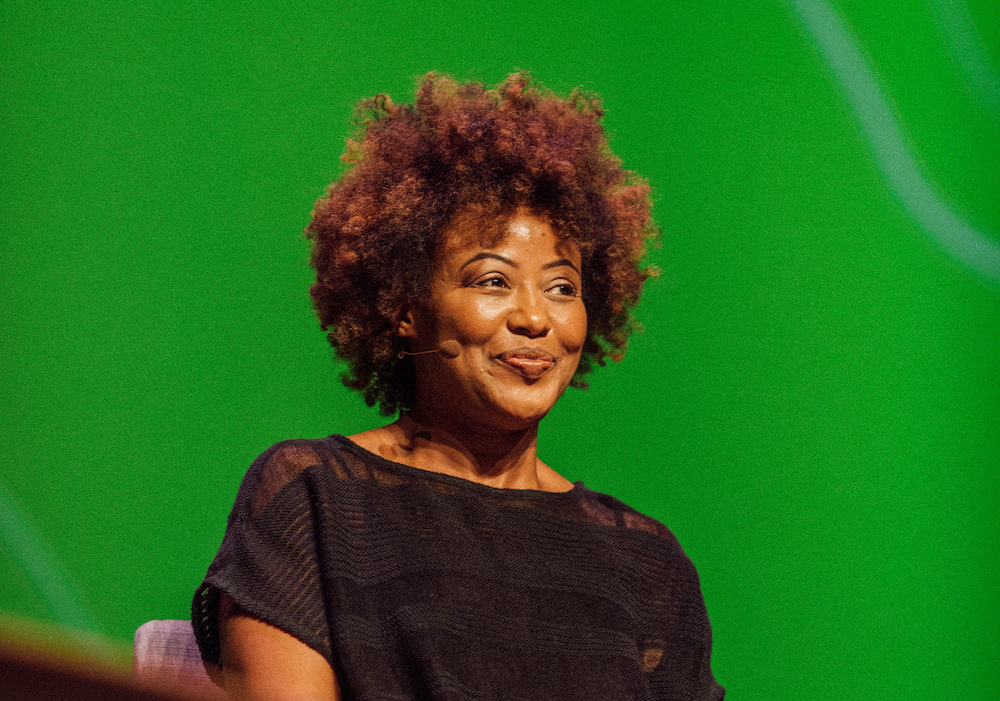ImpactAlpha, Oct. 30 – Two years ago, ImpactAlpha recognized Kesha Cash as an Agent of Impact for her cutting-edge investment thesis: the billion-dollar opportunities in tech solutions that drive ownership, opportunity and empowerment in communities of color. Now, Cash has the scratch to prove out that thesis, closing one of the largest funds ever raised by a sole Black female general partner.
Impact America’s $55 million second fund and its 67 institutional limited partners are betting on the disruption of systemic racism. “We are looking for those opportunities where impact drives business growth, where it drives financial performance and where it positions our companies to have a unique competitive advantage in the future,” Cash says on this week’s Impact Briefing podcast.
Fighting poverty and remaining rich: Ceniarth shifts portfolio to impact-first capital preservation
It won’t be easy for cookie-cutter VCs to copy Cash in spotting opportunities like Mayveen and ConnXus and SoLo Funds and Esusu and Upswing. “We underestimate the importance of cultural competency,” says Cash, who grew up low-income in Orange County, Calif., and was the first in her family to go to college. “It’s really rare to have people that come from low-income backgrounds that really understand the challenges of community and have spent enough time in community to then bring that perspective back to their investment analysis.”
Low-income people pay a tax for being poor, Cash says, spending more money for low-quality financial services, home and child care, transportation and education. The opportunity: Tech solutions that lower the cost and increase the quality, steered by founders rooted in community.
Cash’s ultimate goal: “To reshape, redistribute, reimagine the economic pie, so that more people are well off and can afford to take care of their families.” Each member of her six-person team is a person of color, a woman, or both; many come from the communities portfolio companies serve.
More capital for underinvested markets is a good thing, says Cash. “But we want that capital to run into the markets in a way that creates more value for the community versus the continuation of extraction and exploitation.”











